01

Lynda
Lynda is a popular educational hub for professionals looking to learn new skills related to business, creativity and technology. Courses fall under categories like animation, audio/music, business, design, development, marketing, photography, video and more. A great option for people who are visual learners, and at a reasonable cost of $25 per month, a Lynda.com membership provides unlimited access to more than 80,000 videos on a broad range of different subjects.
Rating 4.5
02
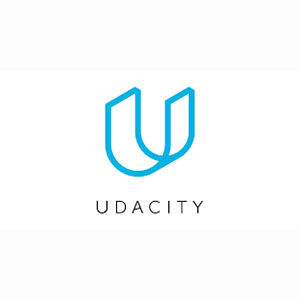
Udacity
Udacity is a platform with a strong focus on technology, with a small but well-crafted selection of courses. Founded in 2012 by Sebastian Thrun, the brain behind Google’s Self Driving Car. It bills itself as a place where “lifelong learners come to learn the skills they need, to land the jobs they want, to build the lives they deserve.†If you want to learn from industry professionals from tech companies like Amazon, Google, and GitHub, Udacity is the MOOC for you.
Rating 4.5
03
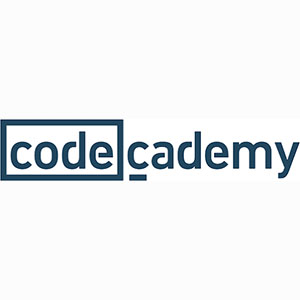
Codecademy
Codecademy is a website dedicated specifically to teach coding. Where other coding sites follow an example/practice session workflow, Codecademy includes a live practice window. The courses at Codecademy are well written and easy to follow and the website is organized very nicely. It’s features a centralized dashboard where you can monitor your progress, plus organizes lessons into complete modules and it offers courses on a number of languages including PHP, Python and Ruby and students often build and deploy projects during their course.
Rating 4.4
04

Khan Academy
Khan Academy is a non-profit online platform providing a completely free library of educational “micro-lectures.†Focusing on more traditional academic subjects, Khan Academy provides a mix of video and text-based materials in math, science, economics, humanities, and a bit of computer programming. It is a personalized learning resource for all ages. It offers practice exercises, instructional videos, and a personalized learning dashboard that empower learners to study at their own pace in and outside of the classroom. It certainly has youth appeal with its avatars and ability to earn badges, but it is also an extremely viable option for adults wanting to improve their technical skills, or learn about subjects such as entrepreneurship.
Rating 4.1
05
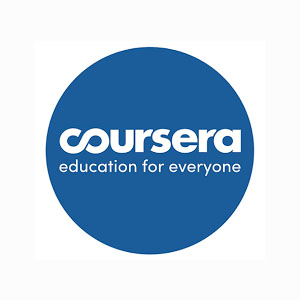
Coursera
Coursera has partnered with museums, universities, and other institutions to offer students free classes on an astounding variety of topics. Students can browse the list of available topics or simply answer the question "What would you like to learn about?", when they answer to that question they are led to a list of available courses on that topic. It prides itself on being accessible to everyone, many of the courses are either free or very cheap to take, with only the official certification at the end having a higher cost involved and you can find over 2,000 paid and unpaid courses in over 180 fields related to computer science, business, social sciences and more.
Rating 4.0
06

Udemy
Udemy bills itself as a “global marketplace for learning and teaching online.†While most MOOC providers source content through corporate and university partners, Udemy also allows individuals to create their own courses and submit them for review. Udemy boasts an impressive library of more than 55,000 courses. It’s courses aren't free, but they start as low as $12. If you're an expert looking to create and launch a course of your own, you can also become an instructor with Udemy and take advantage of their massive user base to attract students and the course subjects include literature, history, economics, social and political sciences, business management and others.
Rating 4.0
07

edX
This website can be most preferred by the students as it was founded by Harvard University and MIT in 2012. edX is an online learning destination and MOOC provider, offering high-quality courses from the world's best universities and institutions to learners everywhere.Courses are free and upon completion you have the option to pay for a verified certificate. It also have MicroMasters programs, which provide a series of graduate level courses you can take to earn credentials for your resume or to use as credit for participating universities.
Rating 4.0
08
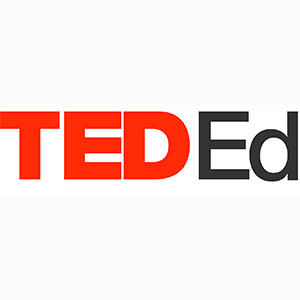
TED Ed
TED Ed aims to spark and celebrate the ideas of teachers and students around the world. It has grown from an idea worth spreading into an award-winning education platform that serves millions of teachers and students around the world every week. It is full of educational videos on a variety of general education topics that can be accessed for free. There are not only motivational speakers but also topical videos which are mostly less than ten minutes with important information.
Rating 3.5
09
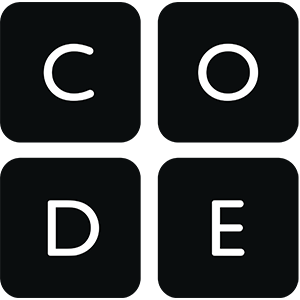
Code
Code is the home of the “Hour of Code†campaign, which is aimed at teachers and educators as well as students of all ages (4-104) who wants to teach or learn, respectively, computer programming and do not know where to start. It also features learning options for kids. In addition to kid friendly courses, Code offers free online education classes on a wide variety of technology topics. These classes include app writing, robotics and Javascript. Most of the courses are also geared up in a such a way that they can be useful in a classroom setting.
Rating 3.3
10

Academic Earth
Academic Earth probably brings the most unique concept of education. This is the idea that education should be accessible worldwide. This level of access is convenient for many students, but potentially lifesaving for students in underprivileged areas. It offers heavily on math and science, including computer science. Courses are at the Kindergarten through 12th-grade level. It has a collaboration with a bunch of reputed colleges such as University of Oxford, Massachusetts Institute of Technology, Stanford University and many other. Academic Earth lists courses by subject and school, so it might be easier to find what you’re looking for.
Rating 3.0